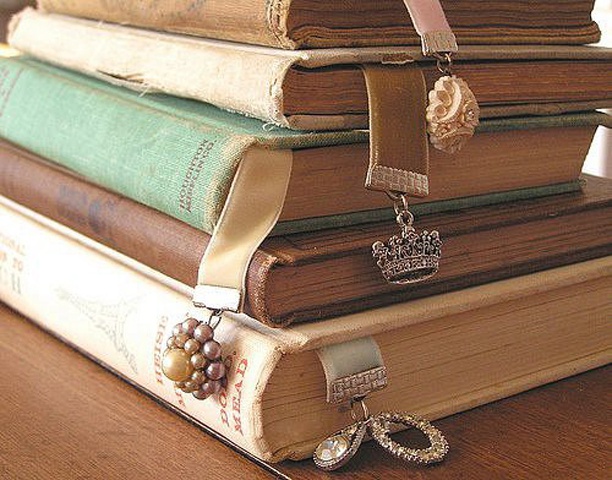You will need
- Textbooks, additional reference books, Internet.
Instruction
1
Make a list of possible questions. Best of all with this issue to contact the teacher. Convince him that you need a written list of what you definitely can ask.
2
At the same time find out about necessary literature. In addition to the standard textbooks to prepare for the Olympics you need additional reference materials, which is likely to have a teacher.
3
Determine for yourself the most simple and complex questions. What you know best, you can leave on the last hours before the Olympics. The long-neglected topic is better to start to study again from the beginning. Pay attention to those questions that require memorization of individual things. Learning gradually is much easier than to start at the last moment.
4
Read the same question in different sources. Knowledge of detail selects a winner from the crowd of participants. Different authors can interpret the same material with minor changes and additions. Your task is to find these add-ons and have them in mind. To read, use not only your textbook, but an encyclopedia, electronic resources and other teaching AIDS.
5
"Surround" yourself biology. Best of all, if there's nothing to distract from the subject. Even during the holidays, try to keep all thoughts of "spun" around the studied subjects. For example, see channels about animals during breaks, or flip through the encyclopedia about insects. It is both interesting and useful. Many contest questions are built on the identification of rare, additional knowledge. For example, about the life of some animals you can learn from books and TV shows.
6
Go through biographies of several famous biologists. If the Olympics means the free part where you need to tell us about any field of biology or another broad question, the ability to insert "big" name will come in handy. This will show you as the expert in this area and will make you a worthy candidate to win.
